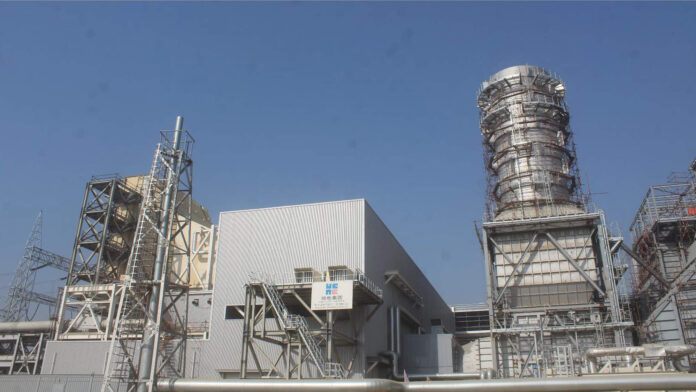The Ministerial Group advised a reconsideration of the privatization of two LNG power plants due to concerns about the current investment climate.
The decision to privatize these plants, established during the Pakistan Muslim League-Nawaz’s tenure with an LNG contract signed with the government of Qatar, is now under scrutiny.
Sources indicate that the apex committee of the Special Investment Facilitation Council (SIFC) has directed a review of the potential privatization of Haveli Bahadur Shah and Balloki RLNG Power Plants, as reported by Express Tribune.
A Ministerial Group was formed following the apex committee’s directions to evaluate the feasibility of privatization.
After careful consideration, the Ministerial Group has concluded that the privatization of these two LNG power plants is not advisable at present, citing concerns about the overall investment climate.
The group emphasized potential future gains from tariffs, estimated at Rs130.8 billion, and highlighted a clean book payout of Rs264 billion, with the RLNG power plants already generating a profit of Rs153 billion.
Qatar has expressed interest in acquiring these LNG-based power plants.
In 2021, the Cabinet Committee on Energy exempted LNG-based power plants from a 66% guaranteed off-take of LNG. The PTI government also contemplated exempting the LNG power plants from the merit order.
The power sector’s role in the re-gasified LNG supply chain is crucial, and disruptions in RLNG supply/demand can impact the economic dispatch of power.
Lower RLNG supply may lead to operational constraints and system stability issues for the system operator.
Exempting RLNG power plants from guaranteed offtake was influenced by private parties, particularly those interested in acquiring these LNG power plants.
Currently, Pakistan State Oil (PSO) supplies LNG to SNGPL, which distributes it to the LNG power plants.
Privatization of these LNG power plants is anticipated to face challenges, given the circular debt in the power sector and payment issues for electricity supplies.
Addressing the concerns of power distribution companies (Discos) is recommended as a crucial step in managing circular debt in the power sector.




